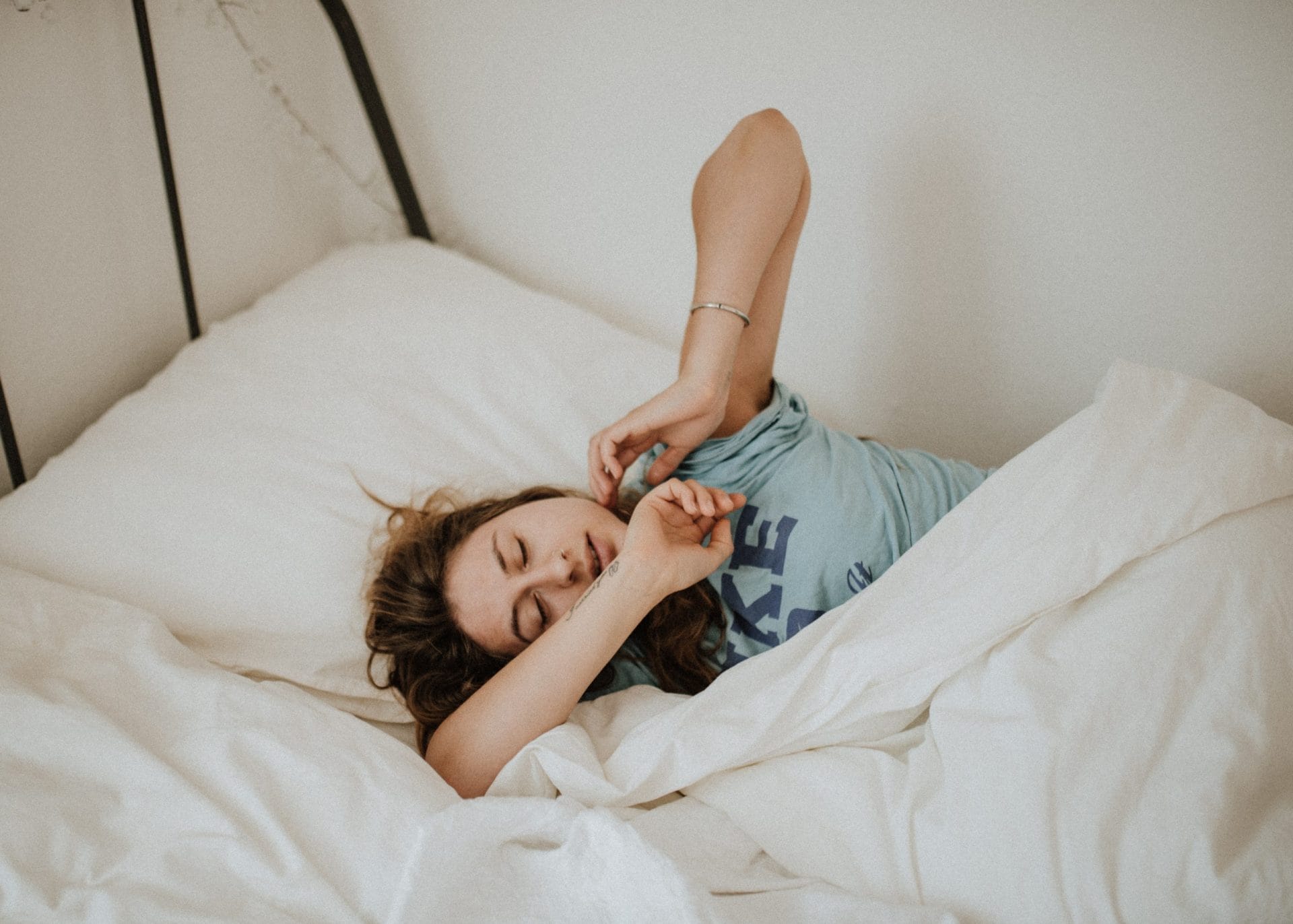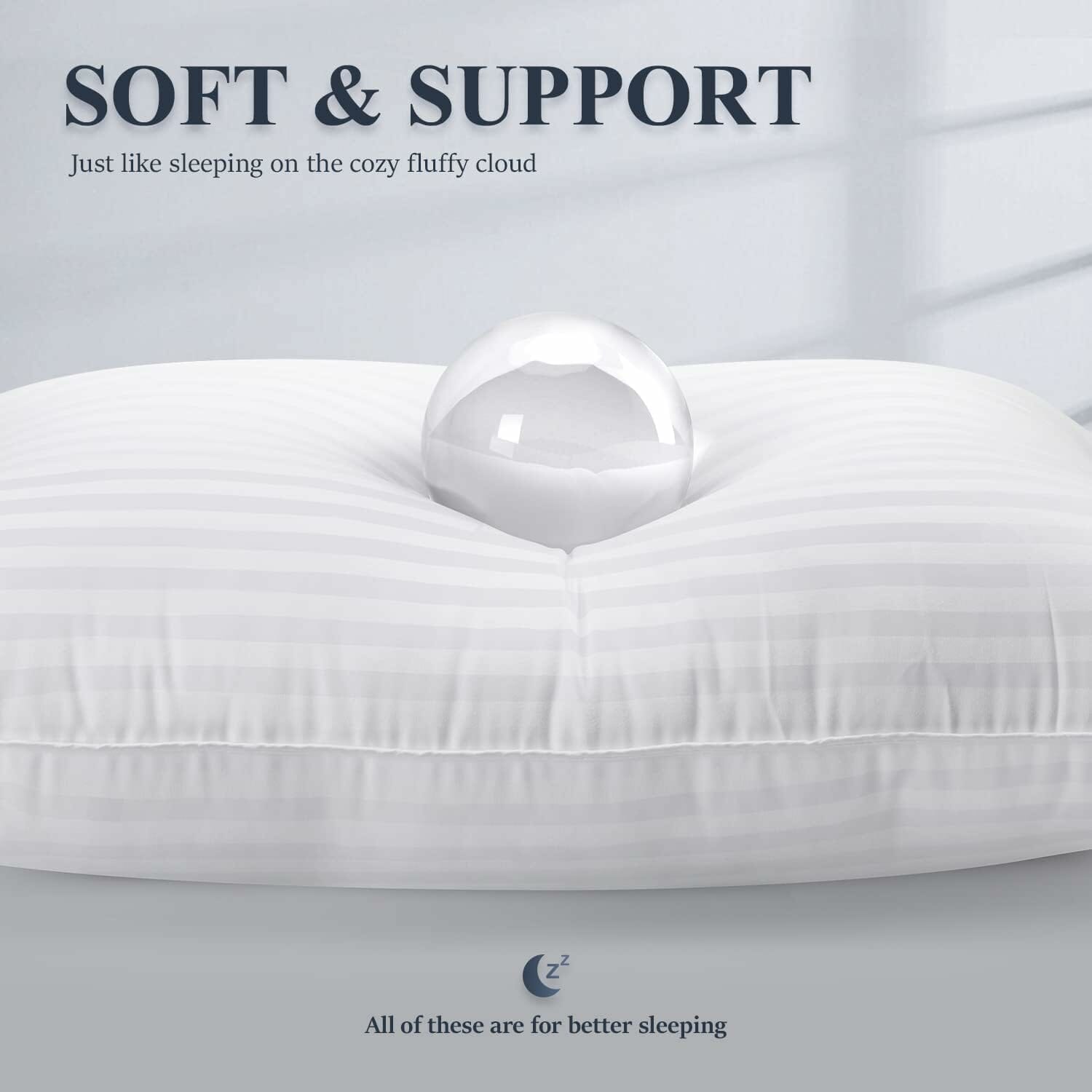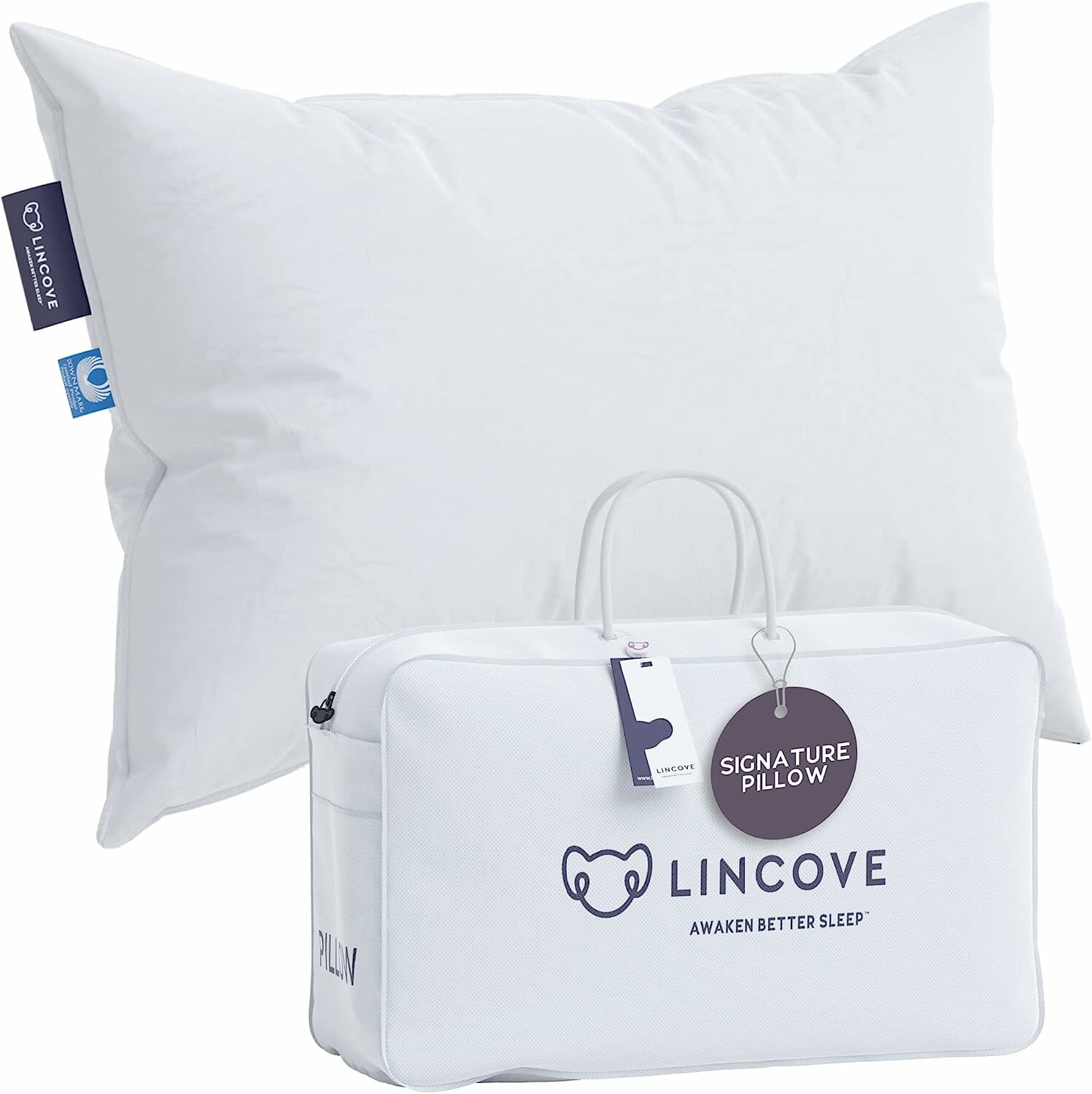Creating a comfortable and inviting bed involves considering various elements. But have you ever wondered, “what are bed covers” and how do they differ from bed sheets? In this article, we’ll embark on a journey into the realm of bed covers, unraveling their unique benefits and exploring how they compare to bed sheets. By the time you reach the end, you’ll possess a deeper understanding of these essential bedding components, empowering you to make an informed decision when it’s time to purchase new bedding. So, let’s dive in and discover the world of bed covers.
Table of contents

What is a Bed Cover?
Bed covers, also known as bedspreads or bed throws, are versatile pieces of bedding that offer both functional and aesthetic benefits. These warm and cozy covers can be made from various materials, including cotton fabrics like linen or flannel, synthetic fibers such as polyester or rayon, natural fibers like wool or bamboo, and even luxurious options like satin or silk. Let’s delve into some of the key advantages of incorporating bed covers into your bedding ensemble.
Skin Protection
One of the primary advantages of using bed covers is their ability to protect your skin. Bed covers act as a barrier between your body and the mattress, preventing direct contact with allergens, dust mites, and any potential irritants. This is particularly beneficial for individuals with sensitive skin or allergies, as it helps reduce the risk of skin irritation or allergic reactions.
Easy to Clean – Durable
Bed covers are relatively easy to clean and maintain, making them a practical choice for many bedding enthusiasts. Most bed covers can be machine washed or dry cleaned, depending on the fabric composition. Additionally, their durable construction ensures a long lifespan, making them a worthwhile investment for your bedroom decor.
Available in Various Sizes
Bed covers come in a wide range of sizes to accommodate various bed dimensions. Whether you have a twin, full, queen, or king-sized bed, you can find a bed cover that fits perfectly. This versatility ensures that you can achieve a cohesive and aesthetically pleasing look for your bed, regardless of its size.
What are Bed Sheets?
Now that we’ve explored bed covers, let’s shift our focus to bed sheets. Bed sheets, which include both flat sheets and fitted sheets, are integral parts of any bedding ensemble. The flat sheet, also known as the top sheet, is placed on top of the fitted sheet and acts as a comfortable layer between you and the blankets or duvet. Fitted sheets have elasticized corners that securely fit around the mattress, ensuring a snug and wrinkle-free fit. These sheets provide softness, comfort, and protection while adding a touch of style to your bedding. They are essential components of a complete bedding set and offer their own unique benefits.
Mattress Protection
The primary function of bed sheets is to protect the mattress from dirt, stains, and wear. They create a barrier between your body and the mattress, helping to extend its lifespan and maintain its cleanliness. Additionally, bed sheets can be easily removed and washed, ensuring a fresh and hygienic sleeping environment.
Enhances Decor
In addition to their practicality, bed sheets also offer a decorative element to your bedroom. They come in a myriad of colors, patterns, and textures, allowing you to personalize your sleeping space and enhance its visual appeal. Bed sheets provide an opportunity to add a pop of color or introduce a subtle pattern that complements your overall bedroom decor.
Protects Sheets
Another advantage of bed sheets is that they act as a protective layer for other bedding components, such as blankets, comforters, or duvets. By placing a bed sheet between your body and these additional layers, you can prevent direct contact, keeping them cleaner for longer periods and reducing the frequency of laundering.
What’s the difference between Quilt, Coverlet, Duvet, Blanket, Comforter, Bedspread, Throw, and Bed Scarf?
Now that we’ve covered the basics of bed covers and bed sheets, let’s explore the differences between various types of bed covers commonly found in the market. Understanding these distinctions can help you choose the most suitable option for your specific needs and preferences.
Quilt
Quilts are bed covers that consist of three layers of fabric stitched together, usually with intricate patterns or designs. They provide warmth and can serve as a decorative element for your bed.
Coverlet
Coverlets are lightweight bed covers that are usually woven or quilted. They are designed to cover the bed and reach the floor on all sides. Coverlets are often used as a decorative layer and can be paired with additional bedding elements for added comfort.
Duvet
A duvet is a soft, flat bag filled with down, feathers, or synthetic fibers. It is typically used as an insert and placed inside a duvet cover, which acts as a protective and decorative casing. Duvets offer warmth and can be easily removed and washed, making them a practical bedding choice.
Blanket
Blankets are lightweight, single-layer bed covers that provide warmth. They can be made from various materials, such as cotton, wool, or fleece, and are available in different sizes to suit your needs.
Comforter
Comforters are thick, fluffy bed covers filled with synthetic fibers or down. They offer warmth and are often used as the topmost layer of bedding. Comforters can come with various designs and patterns, adding a decorative touch to your bed.
Bedspread
Bedspreads are large, decorative bed covers that drape over the entire bed and extend to the floor. They are primarily used for aesthetic purposes and can be paired with additional bedding layers for added comfort and style.
Throw
Throws are smaller-sized blankets or coverlets that are primarily used for decorative purposes. They are usually placed at the foot of the bed or draped over a chair, adding a cozy and stylish touch to your bedroom decor.
Bed Scarf
Bed scarves are long, narrow pieces of fabric that are placed across the width of the bed, typically at the foot. They add a decorative element to your bed and can be coordinated with other bedding accessories for a cohesive look.
Conclusion and final thoughts 💭
In conclusion, understanding “what are bed covers” and the differences between bed covers and bed sheets is crucial for making informed decisions when purchasing bedding. Bed covers offer benefits such as skin protection, easy maintenance, and a wide variety of sizes, catering to your specific needs. On the other hand, bed sheets play a vital role in protecting the mattress, providing decorative options, and safeguarding other bedding components.
By considering your personal preferences, style, and desired level of comfort, you can select the ideal combination of bed covers and bed sheets that suit your needs. Remember to choose quality materials, prioritize functionality, and embrace your unique style to create a comfortable and visually appealing sleeping environment.
We hope this article has been helpful. If you have any other questions that we haven’t addressed, please leave a comment below – I’d love to hear from you!
Frequently Asked Questions
Can I use a bed cover without bed sheets?
While it is possible to use a bed cover without bed sheets, it is generally recommended to use both for optimal comfort and cleanliness. Bed sheets provide a layer of protection for the mattress, enhance sleeping comfort, and make laundering easier.
Can I use a bed sheet as a bed cover?
Bed sheets are not typically designed to function as bed covers. They are primarily intended to cover the mattress and act as a protective layer. However, you can use a larger-sized bed sheet as a temporary cover in certain situations.
Can I mix and match different types of bed covers?
Absolutely! Mixing and matching different types of bed covers can create a visually interesting and personalized look for your bed. Experiment with various textures, colors, and patterns to find combinations that complement your bedroom decor and reflect your style.
How often should I wash my bed covers and bed sheets?
The frequency of washing bed covers and bed sheets depends on personal preference and individual circumstances. As a general guideline, aim to wash them every one to two weeks, or more frequently if they become visibly soiled or if you have allergies.





Leave a Reply
You must be logged in to post a comment.